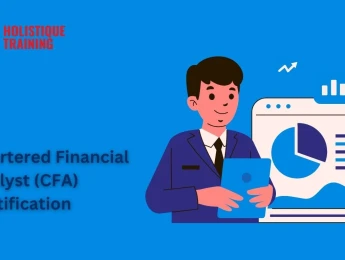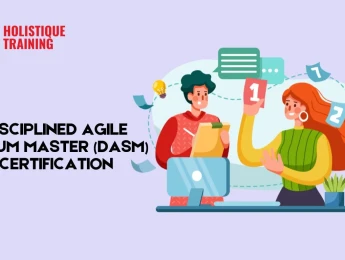Projects in the oil, gas, and mining sectors require significant capital investment and extended lead times and can incur considerable risks. Understanding the specific nature and implications of financing oil, gas, and mining projects can help provide a robust and transparent structure to increase investment and enhance economic growth.
This course provides you with the skills to analyse financial decisions, identify relevant sources of finance, and manage financial risks in natural resource projects. You will learn best practices for investment appraisals, how to manage resource prices and strategies to evaluate projects to optimise alignment with corporate and external regulatory objectives.
Upon completion of this course, participants will be able to:
- Summarise the unique attributes of oil, gas, and mining projects.
- Examine the financial implications of these projects and determine appropriate financing strategies.
- Evaluate the financial viability and sustainability of oil, gas, and mining projects.
- Identify potential risks and assess price management strategies.
- Analyse the financial performance and future of projects.
This course is intended for:
- Executives and Finance professionals in the Natural Resources sector
- Professionals in the Banking and Finance industry
- Investors in Natural Resource projects
This course uses a variety of adult learning styles to aid full understanding and comprehension. Participants will review case studies to highlight key areas of importance and possible areas for faults. They will be supplied with the best tools required for learning exercises to improve their skills. Participants will analyse the examples to thoroughly understand how these skills, techniques and methods apply in the workplace.
Day 5 of each course is reserved for a Q&A session, which may occur off-site. For 10-day courses, this also applies to day 10
Section 1: Overview Of Oil, Gas, And Mining Projects
- Discuss the difference between oil, gas, and mineral resources and reserves.
- Examine the unique attributes and economic implications of oil, gas, and mining projects.
- Explore the volatility of oil, gas, and mineral markets.
- Describe critical challenges in the natural resource sector.
- Discuss project financing and the significance of using a diverse strategy.
Section 2: Financing Natural Resource Projects
- Identify key sources of long-term and short-term financing.
- Describe the use of debt and equity financing.
- Compare recourse and non-recourse loans.
- Define the structure of project financing.
- Discuss the use of Special Purpose Vehicles (SPVs).
- Examine bonds, guarantees, and standby credits.
Section 3: Appraising And Analysing Natural Resource Project
- Identify the criteria for matching projects to organisational objectives.
- Describe how to forecast cash flows for oil, gas, and mining projects.
- Determine projected cash flow risks.
- Describe pricing strategies:
- Capital Asset Pricing Model (CAPM)
- Weighted Average Cost of Capital (WACC)
- Arbitrage Pricing theory
- Examine and compare capital investment appraisal strategies such as:
- Net Present Value (NPV)
- Internal Rate of Return (IRR)
- Accounting Rate of Return (ARR)
- Payback (PB)
- Use spreadsheets to conduct financial appraisals.
Section 4: Managing Projects And Financial Risk
- Identify the main types of risk: logistical, technical, environmental, and financial & economic
- Discuss the use of derivatives in financial risk management.
- Describe and compare the Monte Carlo Simulation to Sensitivity Analysis.
- Evaluate the probabilities and effects of risks and uncertainties.
- Explore price management strategies for oil, gas, and mineral products.
Section 5: Evaluating Oil, Gas, And Mining Projects
- Discuss strategies to achieve organisational and regulatory goals.
- Outline approaches for evaluating financial performance:
- Return on Equity (ROE)
- Value for Money (VFM) assessment
- Debt Service Coverage Ratio (DSCR)
- Economic Value Added (EVA)
- Net Present Value (NPV)
- Use cost benefit analysis to compare Economic Value Added (EVA) and Market Value Added (MVA).
- Discuss future requirements.
Upon successful completion of this training course, delegates will be awarded a Holistique Training Certificate of Completion. For those who attend and complete the online training course, a Holistique Training e-Certificate will be provided.
Holistique Training Certificates are accredited by the British Assessment Council (BAC) and The CPD Certification Service (CPD), and are certified under ISO 9001, ISO 21001, and ISO 29993 standards.
CPD credits for this course are granted by our Certificates and will be reflected on the Holistique Training Certificate of Completion. In accordance with the standards of The CPD Certification Service, one CPD credit is awarded per hour of course attendance. A maximum of 50 CPD credits can be claimed for any single course we currently offer.
- Course Code IND01-118
- Course Format Classroom, Online,
- Duration 5 days














